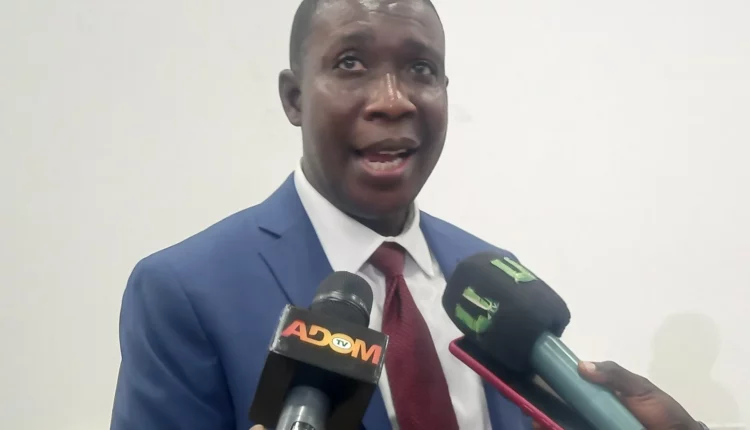The head of the University of Ghana’s Economics Department, Professor William Baah-Boateng, has raised concern over the country’s revenue mobilization and cautioned that Ghana may face difficulties with revenue collection if appropriate measures are not put in place.
The professor lamented that the failure of previous administrations to address the issues was due to a lack of an effective plan.
According to Prof. Baah-Boateng, there is a need for a more robust system to address these issues, rather than expanding the tax net.
“I think we will continue to battle with revenue collection. We keep expanding the tax net, yet we are not getting what we want, which means we are not doing something right. We see government agencies collecting taxes yet we see less of these amounts for developmental projects” Professor William Baah-Boateng said.
The professor also called on the government to adopt policies that are supported by research and evidence (science and data) rather than acting hastily in the face of emergencies that will drive out the private sector.
He emphasized the necessity for policies that work, stating that “We have a lot of policies that seem to be ineffective.”
Widening the domestic tax base of the economy has been a subject matter that has received hefty attention of successive governments over years in most parts of the world.
As a result, Ghana has created numerous efforts directed at mobilising as much as possible tax revenue to assist government expenditures on developmental, social, recurring and interventional projects over the years.
These efforts of tax mobilisation are dear to governments for the achievements of fiscal consolidation and higher tax revenue to Gross Domestic Product (GDP) ratio.
Drawbacks of Ghana’s Revenue
According to the Professor, Ghana has struggled with tax collection for many years, with tax revenue to GDP ratio hovering around 12% over the past decade, significantly lower than the Sub-Saharan African average of 17%.
The government, he said, has in recent years introduced a number of measures to improve revenue collection, including the implementation of the Tax Identification Number (TIN) system, the introduction of an electronic platform for tax payment, and the establishment of a revenue collection taskforce.
However, these measures have not yielded the desired results, as the country continues to struggle with tax compliance and revenue mobilisation.
Ghana’s tax system is still characterised by widespread evasion and avoidance, a lack of effective enforcement, and weak institutional capacity.
These factors have contributed to revenue leakages and undermined the government’s efforts to mobilise revenue to fund developmental projects.
To address these challenges, the government needs to adopt a more comprehensive approach to revenue mobilisation that goes beyond expanding the tax net.
This will require the implementation of measures to address the root causes of tax evasion and avoidance, such as improving tax administration and enforcement, strengthening institutional capacity, and enhancing public awareness of the importance of tax compliance.


Comments are closed.